Do top-notch B-schools prepare their students to face the challenges in real life? Or do they merely impart bookish knowledge that has little relevance in the real world? As part of our annual B-school survey, Outlook decided to find out the answers from the people who were in a position to tell us the truth. So, we spoke to successful CEO's, consultants and MBA mavericks—across various disciplines from corporates, NGOs to government—and asked them the things they did learn at B-schools and what they didn’t. The answers were surprising, to say the least. And they match the conclusions of a detailed survey.
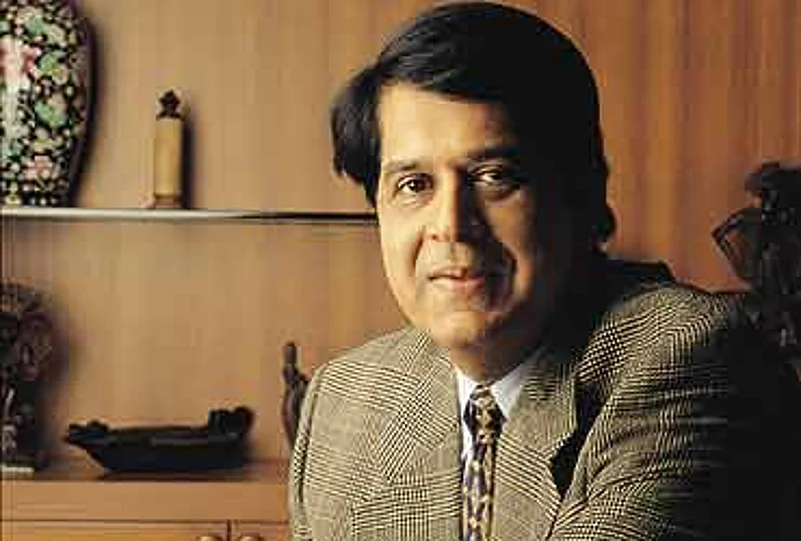
K.V. Kamath
Managing Director & CEO, ICICI Bank {IIM-A, 1971}
What They Taught: My business school training provided me the theoretical tools and taught me how to deploy them in a multi-disciplinary context. It also helped me create an analytical framework in my mind and definitely trained me to look at the overall perspective of a business situation.
What They Didn't: The key element I found missing in management education relates to decision-making in the real world. For example, how does one arrive at a decision in a business situation when, after all the theoretical analysis, one is still not able to take a decision. This is where, I think, the importance of gut-feel comes to the fore. It is these decisions which ultimately define leadership in business and people who can take such decisions become winners.

Arun Seth
Chairman, British Telecom (India) {IIM-C, 1976}
What They Taught: You come out equipped with a tool-kit. Instead of shooting in the dark, you know how things are done in business.
What They Didn't: But this tool-kit does not guarantee success. Students straight out of college are thrown into a classroom where the learning is of a boardroom level. In addition, this raw talent is taught largely by academics who have very little interface with industry. As a result, the teaching and the learning both are at a very theoretical level with little practical relevance. Just a month of summer placement does not really help either. The linkages between industry and what is taught is very limited. After all, business is about today not yesterday.
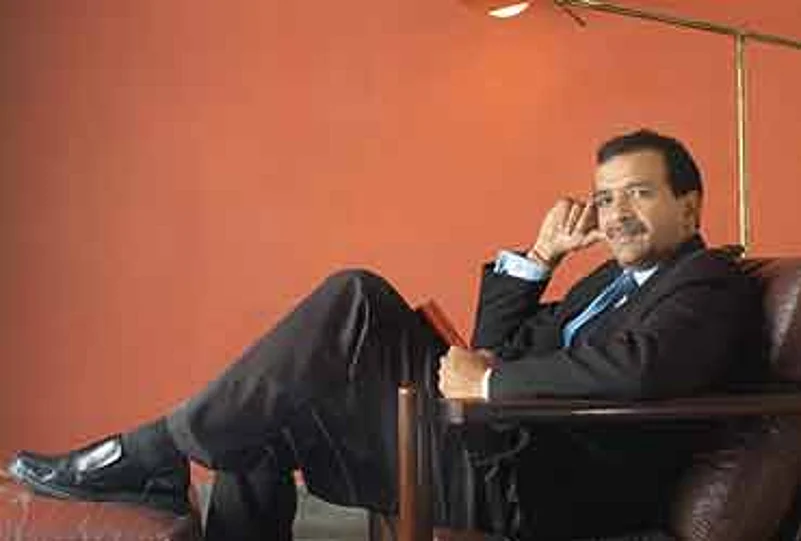
Ajay Bisaria
Private Secretary to former PM Vajpayee {IIM-C, 1985}
What They Taught: You learn tools and techniques to run an organisation. The government is also an organisation, so what I learnt at IIM was not wasted. You are marketing the government’s population programmes, economic ideologies, and during elections, political ideas.
What They Didn't: But they focus too much on profits and self-enrichment, not how to deal with the real world where there are many grey areas. The learning is very insular and I don’t think the IIMs are letting loose warriors who want to change the world.
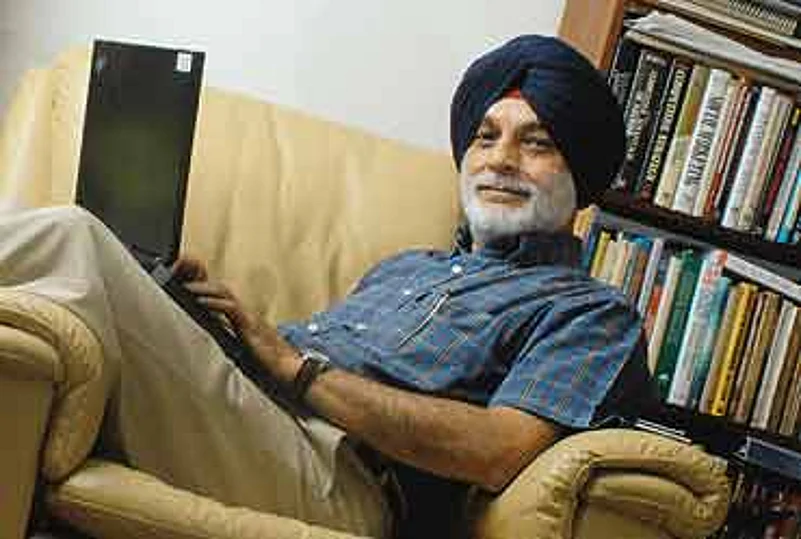
Noni Chawla
Management Consultant & Former CEO, Max Healthcare {IIM-C, 1970}
What They Taught: The IIMs certainly give you a framework, a format that can help you run a business.
What They Didn't: They teach you more the science rather than the art of management, whereas management is both. But art, unlike science, can be learnt, not taught. The IIM selection process doesn’t check for aptitude in management. Also they give you very little hands-on experience. They don’t teach you much humility either. Students graduate thinking they know all. There is a lot of intellectual arrogance.
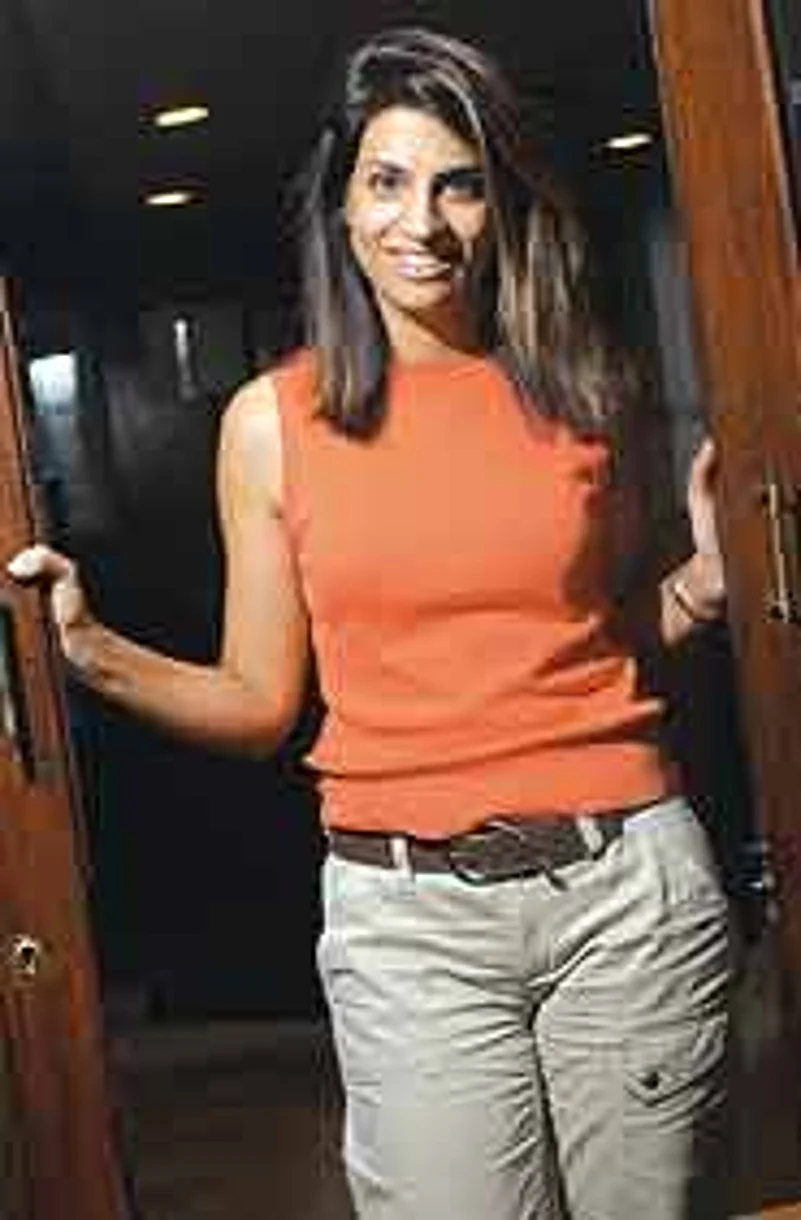
Latika Khaneja
Director, Collage Sports Management {IIM-C, 1987}
What They Taught: B-school toughens you up, besides teaching you analytical and communication skills.It is also brilliant in teaching how to make presentations. The fact that you sport an IIM tag gives you great confidence because along with it comes credibility. People listen to you and having an IIM in your calling card helps in networking.
What They Didn't: Though it makes you strong in the fundamentals—what I learnt sure helped me position and market a brand like Virendra Sehwag—it does not teach you to be street-smart. It was strange but most toppers struggled to find jobs. There is too much of calculus and stats out there and nothing on how to become a good conversationalist. What they certainly did not teach at IIM was how to organise Sehwag’s wedding.
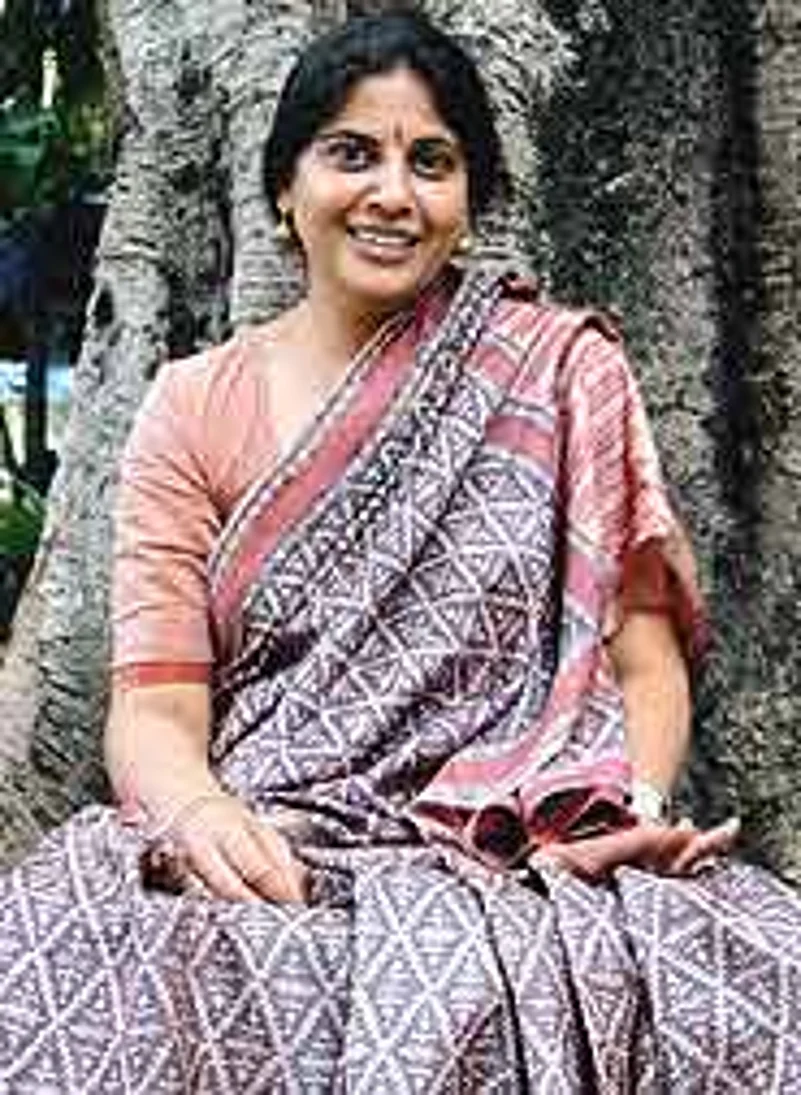
Rama Bijapurkar
Market Strategy Consultant {IIM-A, 1977}
What They Taught: What they teach you at B-school is a lot of intellectual and "doing skills". This means they teach you how to analyse and solve problems.
What They Didn't: But what they don’t teach is what I call "being skills"—who you are and what you stand for, what values a business leader should have or for that matter what is an economic entity’s role in a larger world. In a push-for-profit world, it is important to be centred. And it is these human skills that become the differentiator as you occupy positions of leadership.

Sanjoy Mukherjee
DCP (HQ) Calcutta {IIM-C, 1987}
What They Taught: The IIMs give you a very comprehensive education. From sociology, mathematics to psychology, they teach you everything. When I was with the CBI, the financial aspects I learnt helped in analysing balance-sheets. The customer orientation and training in psychology also helped me as a cop.
What They Didn't: But they could do with far greater commitment to India. The whole focus is on MNC jobs and the institutes actually boast of how many of their students went abroad. We used to have a class on Management and the Indian Ethos, it seemed to be all about Brahminical Hinduism which is not only a limited aspect of India but of Hinduism as well. But I was surprised to find many Marxist economists teaching Marxist economics in an institute devoted to the propagation of capitalism.
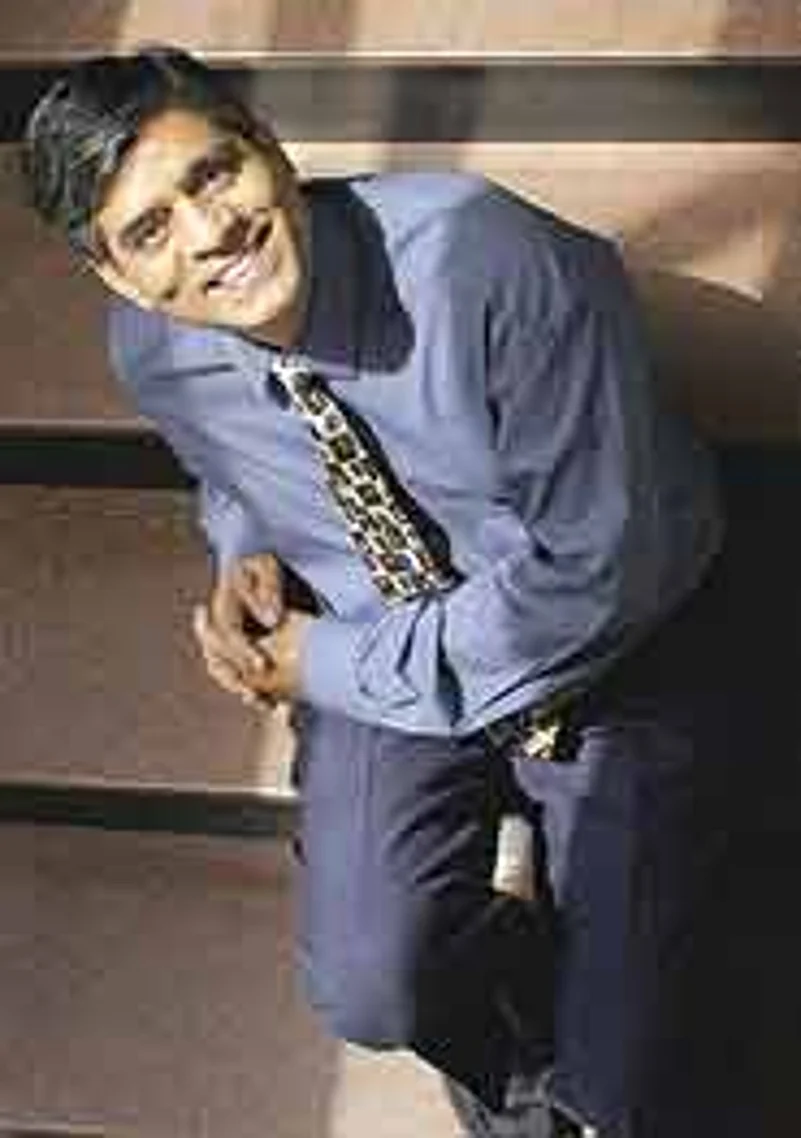
Pradeep Gupta
CMD, Cyber Media India {IIM-C, 1977}
What They Taught: B-schools give you good exposure to all aspects of business, be it marketing, HR or production. It is a great advantage to learn about the various aspects of business in just two years.
What They Didn't: When I started Cyber Media, my IIM learning came useful, but as such, the IIMs in those days didn’t stress much on entrepreneurship, but I think that is changing now.
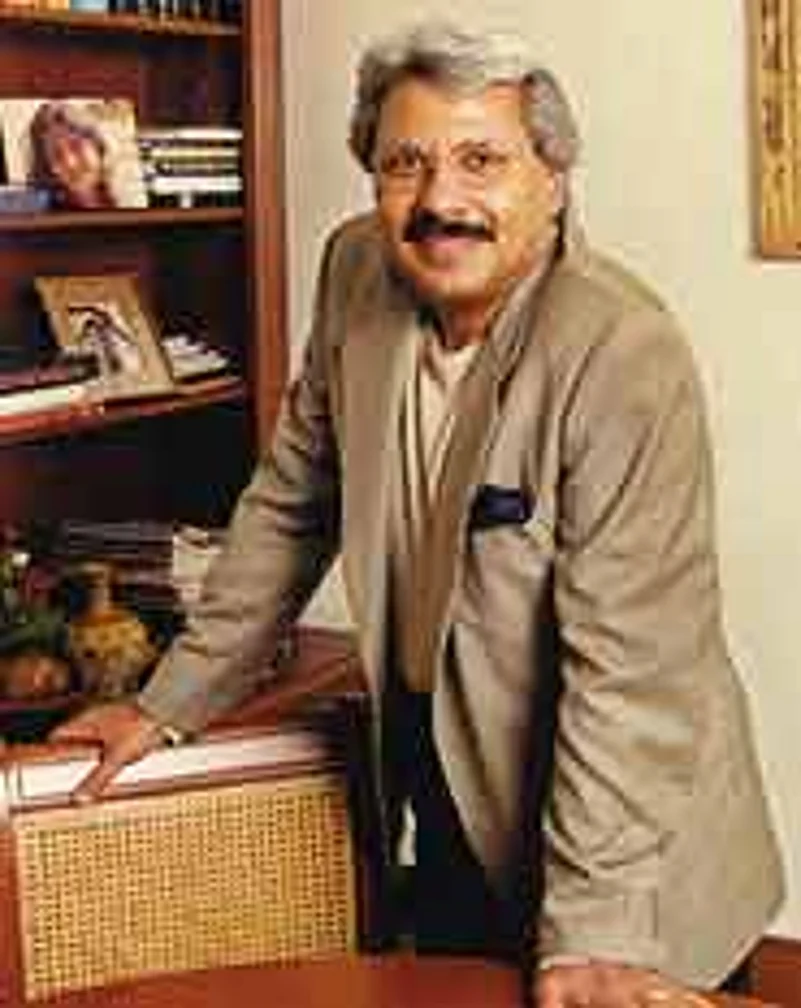
Sunil Alagh
Business Consultant, Former CEO, Britannia {IIM-C, 1968}
What They Taught: B-schools discipline your mind, help you focus on problems and also build you as a team manager.
What They Didn't: They help you remove risk from your decision-making process but don’t teach you how to take a risk.They don’t teach you to innovate. They don’t teach you how to push yourself up from predictable mediocrity that most B-school graduates have. You can teach how to cut costs and increase profits but how to create intangible value is perhaps difficult to teach but surely the IIMs can create an environment to encourage this.
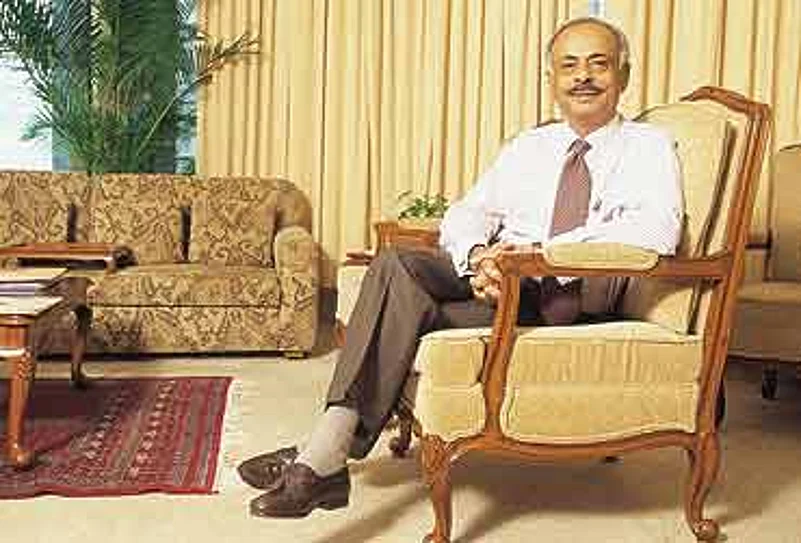
Prem Mehta
Chairman & MD, Lowe India {Jamnalal Bajaj,1967}
What They Taught: It gives you exposure to business in its various facets—how different companies work, and to the principles of sales, marketing and distribution.
What They Didn't: But what it does not teach you is how to manage people, which is far more important. It doesn’t equip you to become a good leader—a good leader can always learn the principles of management but it does not quite work the other way round.


























